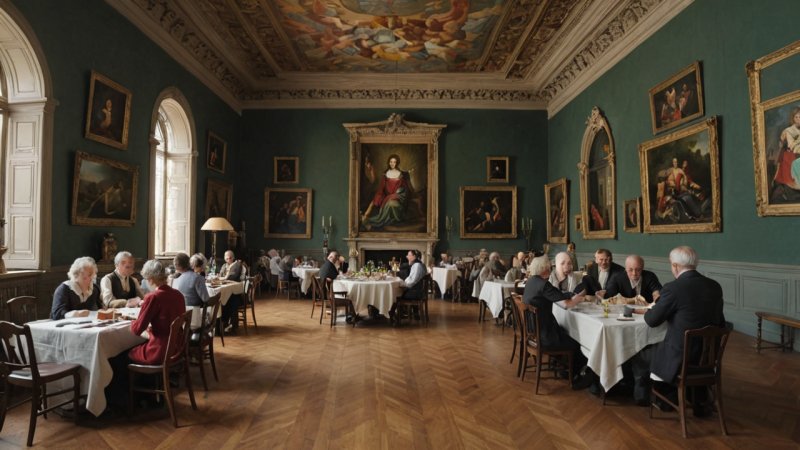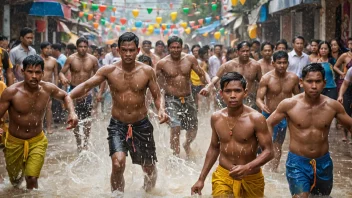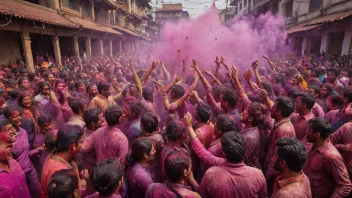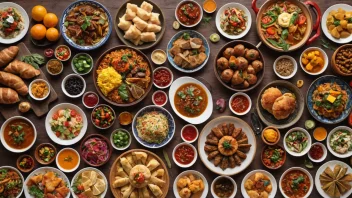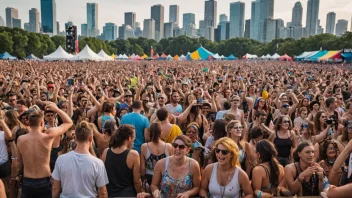The Renaissance, a cultural movement that began in the late 14th century and lasted into the 17th century, marked a period of revival in art, literature, and learning across Europe. This transformative era is characterized by a shift from medieval to modern thinking, with a renewed focus on classical antiquity. In this article, we will address some common questions about the impact of the Renaissance on art and literature, providing insights into this fascinating period in history.
What was the Renaissance and why is it significant?
The Renaissance was a cultural and intellectual movement that began in Italy and spread across Europe. It is significant because it laid the foundations for modern Western culture by promoting humanism, individualism, and a focus on the arts and sciences, challenging the norms of the medieval period.
How did the Renaissance influence visual arts?
The Renaissance influenced visual arts by introducing techniques such as linear perspective, chiaroscuro (the treatment of light and shadow), and realistic human anatomy. Artists like Leonardo da Vinci, Michelangelo, and Raphael pioneered these techniques, creating works that emphasized realism and human emotion.
Who were some of the key artists of the Renaissance?
- Leonardo da Vinci: Known for masterpieces like the 'Mona Lisa' and 'The Last Supper.'
- Michelangelo: Renowned for his sculptures such as 'David' and the ceiling of the Sistine Chapel.
- Raphael: Famous for his frescoes in the Vatican and his depiction of the Madonna.
- Titian: A master of color and composition, known for his dynamic portraits and landscapes.
- Albrecht Dürer: A key figure in Northern Renaissance art, celebrated for his detailed engravings and paintings.
What literary changes occurred during the Renaissance?
The Renaissance saw a shift in literature from religious themes to humanist ideals, focusing on individual experience and classical texts. Writers began to explore secular themes, emphasizing personal expression and the human condition.
Who were some influential writers of the Renaissance?
- William Shakespeare: Often regarded as the greatest playwright in the English language, his works explore complex human emotions and societal issues.
- Dante Alighieri: His epic poem 'The Divine Comedy' is a cornerstone of Italian literature and explores themes of morality and the afterlife.
- Geoffrey Chaucer: Known for 'The Canterbury Tales,' which provides a vivid portrayal of medieval society.
- Niccolò Machiavelli: His political treatise 'The Prince' offers insights into power dynamics and the nature of governance.
- John Milton: Author of 'Paradise Lost,' a seminal work that examines themes of free will, temptation, and redemption.
What role did humanism play in Renaissance art and literature?
Humanism, a key philosophy of the Renaissance, emphasized the value of human beings, individual potential, and the study of classical texts. This led artists and writers to focus on human experiences, emotions, and the natural world, moving away from the religious-centric themes of the medieval period.
How did the Renaissance impact education and scholarship?
The Renaissance sparked a revival in education and scholarship, promoting the study of humanities such as literature, philosophy, and history. This movement led to the establishment of universities and the spread of knowledge through the invention of the printing press, making literature and scholarly works more accessible.
What are some lasting legacies of the Renaissance?
The legacies of the Renaissance are evident in modern art, literature, and thought. The techniques developed during this period continue to influence artists, and the humanist philosophy shapes contemporary views on individuality and education.
In conclusion, the Renaissance was a pivotal period that profoundly influenced art and literature, fostering a cultural environment that celebrated human potential and creativity. Its impacts are still felt today, as we continue to explore the ideas and techniques that emerged during this remarkable era.
